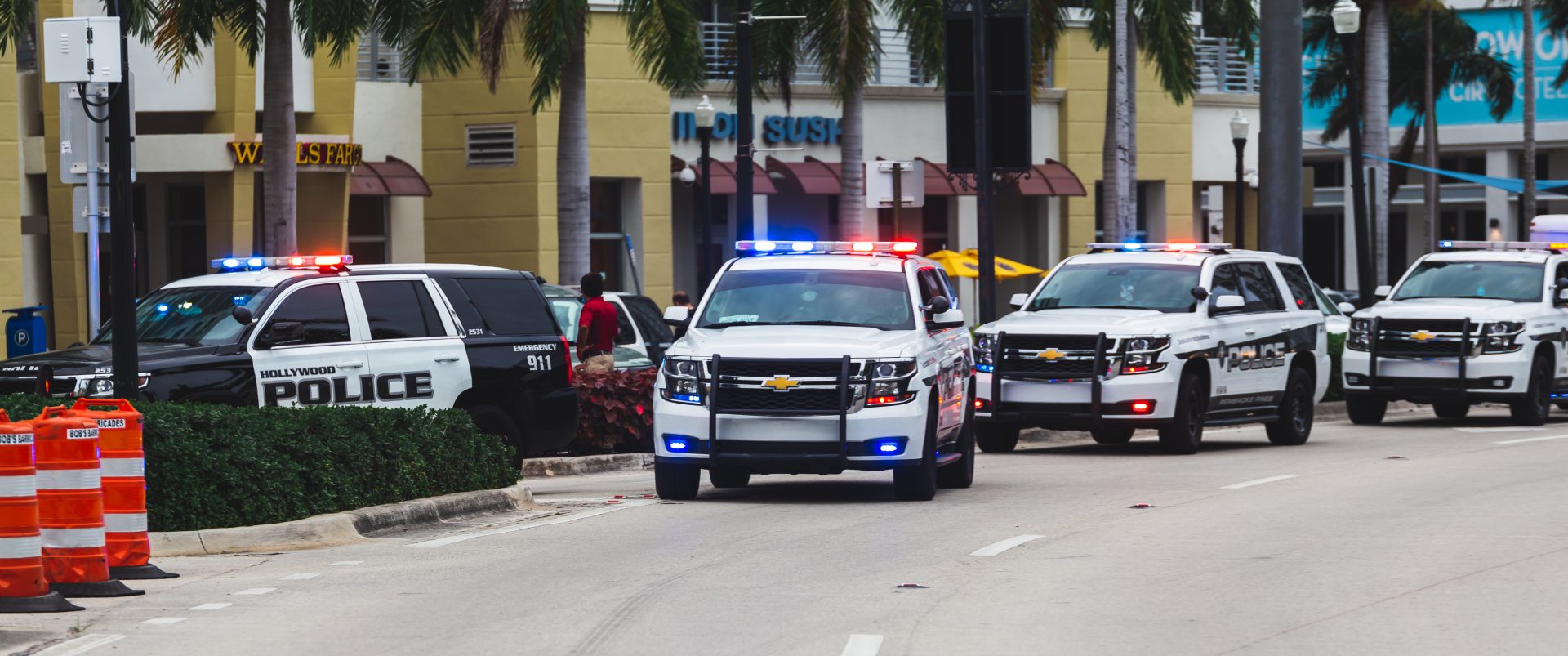Systemic challenges persist in law enforcement reform
The erosion of critical safeguards
Recent political developments signal a potentially devastating reversal in efforts to address systemic racial inequities within American law enforcement. The proposed suspension of police reform agreements threatens to dismantle crucial mechanisms designed to protect vulnerable communities and ensure institutional accountability.
The landscape of reform
The current political landscape reveals a complex battle over police accountability, with significant implications for racial justice. House leadership and civil rights advocates have vocally challenged executive decisions that could undermine years of progressive reform efforts.
Historical context
The push for police reform emerged from a long history of documented racial disparities in law enforcement interactions. Cities like Minneapolis and Louisville became epicenters of national conversations about systemic racism following high-profile incidents of police violence.
Institutional challenges
Proposed rollbacks represent more than administrative changes; they symbolize a potential retreat from meaningful institutional transformation. The suspension of consent decrees—legal agreements mandating specific behavioral and structural changes in police departments—could effectively neutralize hard-won progress.
Impact on community trust
The potential reversal of reform agreements strikes at the heart of community-police relationships. Black communities, which have historically experienced disproportionate levels of law enforcement misconduct, stand to lose critical protections and oversight mechanisms.
Key reform initiatives at risk
Several significant reform agreements face potential dismantling, including critical interventions in:
- Minneapolis: Addressing systemic racial bias and excessive force protocols
- Louisville: Implementing de-escalation training and accountability measures
- Baltimore: Restructuring departmental practices to minimize discriminatory policing
Legal and structural implications
The proposed suspension seeks to limit judicial oversight of law enforcement practices by blocking court-mandated consent decrees. This move would allow authorities to bypass external scrutiny, reducing the pressure for reforms. Without these decrees, law enforcement agencies may avoid meaningful accountability, undermining efforts to address systemic issues and maintain public trust in police practices.
Broader societal ramifications
The potential rollback extends beyond individual departmental practices, reflecting deeper political dynamics surrounding racial justice. It signifies a broader resistance to acknowledging and addressing systemic inequities within law enforcement institutions.
Future outlook
Despite current political trends suggesting a potential setback, grassroots movements and ongoing advocacy show strong resilience. Community organizations, civil rights groups, and progressive political leaders continue to push for meaningful change. Their commitment to addressing systemic issues and pursuing substantive reform offers hope that progress can still be made, even in the face of opposition or setbacks in the political landscape.
A continuing struggle
The fight for equitable, accountable law enforcement continues. Each setback represents an opportunity for renewed commitment to fundamental principles of justice and equal protection.
The path forward demands sustained engagement, strategic advocacy, and an unwavering commitment to dismantling systemic barriers that have long marginalized Black communities.
















